
Death’s Insta’ flings jazz, hip hop and ethereal folk influences around hulking pop hooks, all bathed in rich choral sounds, and plays with profundity like it’s a bouncy ball. The result is something weird, fun and deeply beautiful. Behold the debut LP from Canberran singer/songwriter/producer Toby Graham’s art pop alter-ego, Boroky.
The vulnerability in Toby’s lyrical writing blossoms into tranquility throughout the album. When watching a Boroky live performance, you are drawn to peace and infatuated by the charms of what dark indie can give you.
We had a chat to Toby to talk about the way he creates a daunting but beautiful image regarding the darkness and pressures that go along with mental health through dark electronic indie music.
“The album is very personal. In a nutshell, I wrote these songs because I spend a certain amount of time feeling very afraid, sad and impotent, and at those times, music, or maybe art in general, is often the only thing that really feels like it helps. So I wanted to try to help people the way I’ve been helped by certain albums.”
“Additionally I was trying to look at apathy and escapism and how incredibly sensible these attitudes are from a certain perspective but also how obviously destructive they are.”
“Paradisitis, the opening track, is an ode to apathy and escapism. I wrote it in Melbourne, thinking that maybe if I just kept pursuing this beat for ever I’d never have to think about anything else ever again. I was quite unwell.”
“If Death had an Instagram, it would present a picture of every person who has ever died. That would be a fairly overwhelming thing to look at. The title track is about exactly how incredible that image is when you consider how significant a single face can be to you. Mourn everyone, try it, I dare you.”
“Silent Shores is the fractured reality of the care-giver. Cure Me, the last song, is a sort of prayer framed like a love song addressed to depression. I wrote it when I was very depressed but everything was beautiful. Also the behaviour of angler fish is occasionally almost as bizarre as that of humans, and I found thinking about them very stimulating. That’s why there are random intervals of angler fish facts scattered across the album.”
“I wrote, recorded, produced and mixed this album over six intense months in 2017. It was the most demanding solo project I’d ever engaged in, partly because I was doing everything myself, which is a lot of work for fifty minutes of music, and playing new instruments (I knew very little about audio engineering and couldn’t play piano or drums when I started writing these songs, at the piano) but also because my mental health was bad. Generally, I was struggling with the most basic life-tasks, but sometimes I would spend four hours working on the music without pause and it would feel completely effortless. I’d be focused and blissfully unaware of all other things. Those moments helped me get back on my feet with the rest of life’s requirements.”
“I also think the process helped me re-learn to play, as in the way kids play, and the astonishing joy and importance of that kind of activity. I would roll around on the floor and make all kinds of noises. At the time I referred to myself internally as my-selves, or “us” (recently my identity has become more unified) and had done so for many years. I felt like there were tens of people swirling around inside me, which made it very difficult to make decisions or opinions. I think that most of those people got to play a role in the album. Gosh, it was fulfilling. I’m very excited about the next one.”













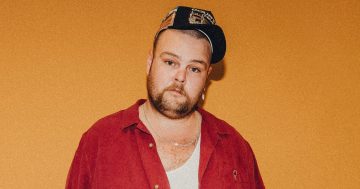
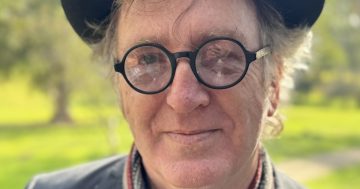
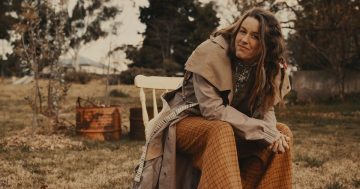

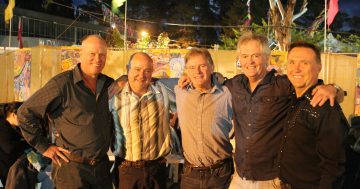
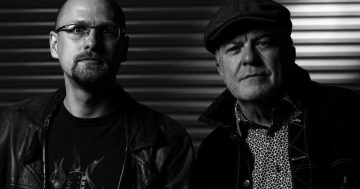

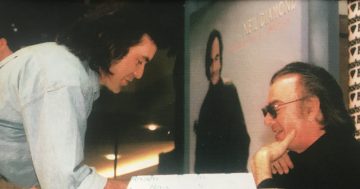

No one is arguing prices rises, they're arguing causes....the reason you're not linking articles is… View